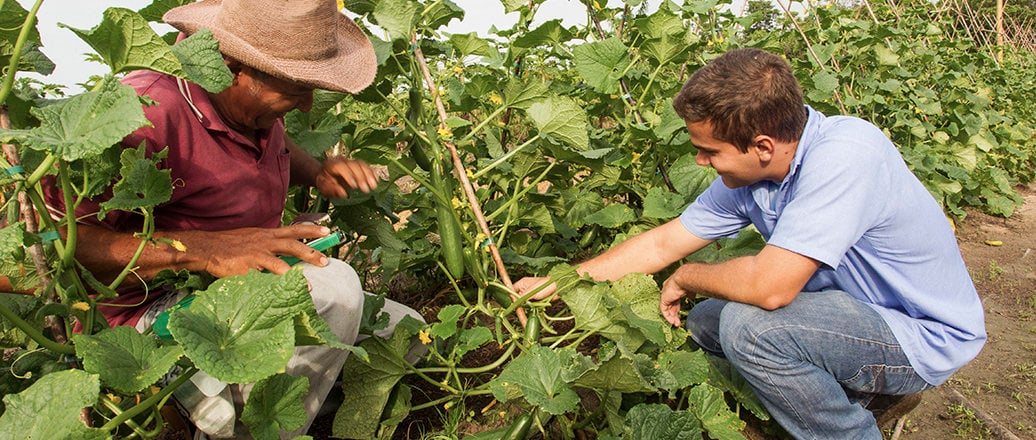
We aim to contribute to the development of local communities because we care, and because we can only succeed as a company if the communities around us also succeed. Read more about our values.
Our commitment to internationally recognized human rights provides the platform for our approach and initiatives.
We have committed to contributing to quality education and capacity building for 500,000 people in our communities and for business partners from 2018 until the end of 2030. You can read more about the status of this commitment in our Annual Report.
We believe in active engagement and participation in the communities we are part of. Through transparent dialogue and collective action with our stakeholders, we develop social projects and initiatives aiming to make a positive difference and building trust by promoting social change.
With operations in 40 countries, our approach to community development must fit local needs. In addition to stakeholder dialogue, socio-economic assessments help us identify our impact and local requirements.
Our social projects and initiatives are connected to our three strategic areas:
- Contributing to quality education
- Promoting decent work and economic growth
- Strengthening local communities and institutions through capacity building
Stakeholder dialogue
Hydro engages in dialogue with stakeholder groups and their representatives that are, or could be, affected by our operations and the operations of business partners in our value chain. These dialogues are used to understand the perspectives and priorities of our employees, suppliers, workers in our value chain, and persons living in communities that could be affected by our operations and activities in our value chain. Stakeholder dialogue also complement our AlertLine and serve as an important channel for affected stakeholders to voice their concerns and explain needs that they would like Hydro to address.
Making a difference - social dialogues
Education
In communities and countries with strong educational institutions, we provide educational programs in sciences, technology, engineering and mathematics. We also support communities through apprenticeships where apprentices can develop hands-on vocational skills at our local plants. Through investments in research and development we contribute to local research institutions and universities in the communities.
Where educational institutions are more fragile, we also contribute to quality education in primary schools. This includes providing training for teachers as well as school programs targeted at increasing the quality of education provided.
Decent work and economic growth
We seek to increase income opportunities for people in communities where access to decent work is limited. We do this through social projects that emphasize entrepreneurship, income generation using available land and resources, strengthening of local job boards, employment networks and labor institutions, worker integration, supplier development, or similar.
Examples of projects include the Embarca entrepreneurship program, the Amesa agriculture development program, and the Supplier development program in Brazil.
Strengthening institutions
We seek to be a good neighbor and committed partner for local institutions in all communities we are part of. We support the development and building of strong civil and community institutions where it is needed. To do this, we work to empower community members, institutions and organizations that operate in the community. In close collaboration with all relevant stakeholders we offer relevant capacity building and training.
Currently, our largest initiative to strengthen and empower communities is the Sustainable Barcarena Initiative. The initiative is an independent platform for sustainable development in Barcarena in northern Brazil. Two of our largest plants in Brazil, Alunorte and Albras, are both located in Barcarena. The initiative will be set up as a separate legal entity, with its own organization, sponsored by but independent of Hydro. To drive implementation, Hydro has hired independent facilitators with broad experience in conflict resolution and in facilitating complex processes with many stakeholders.